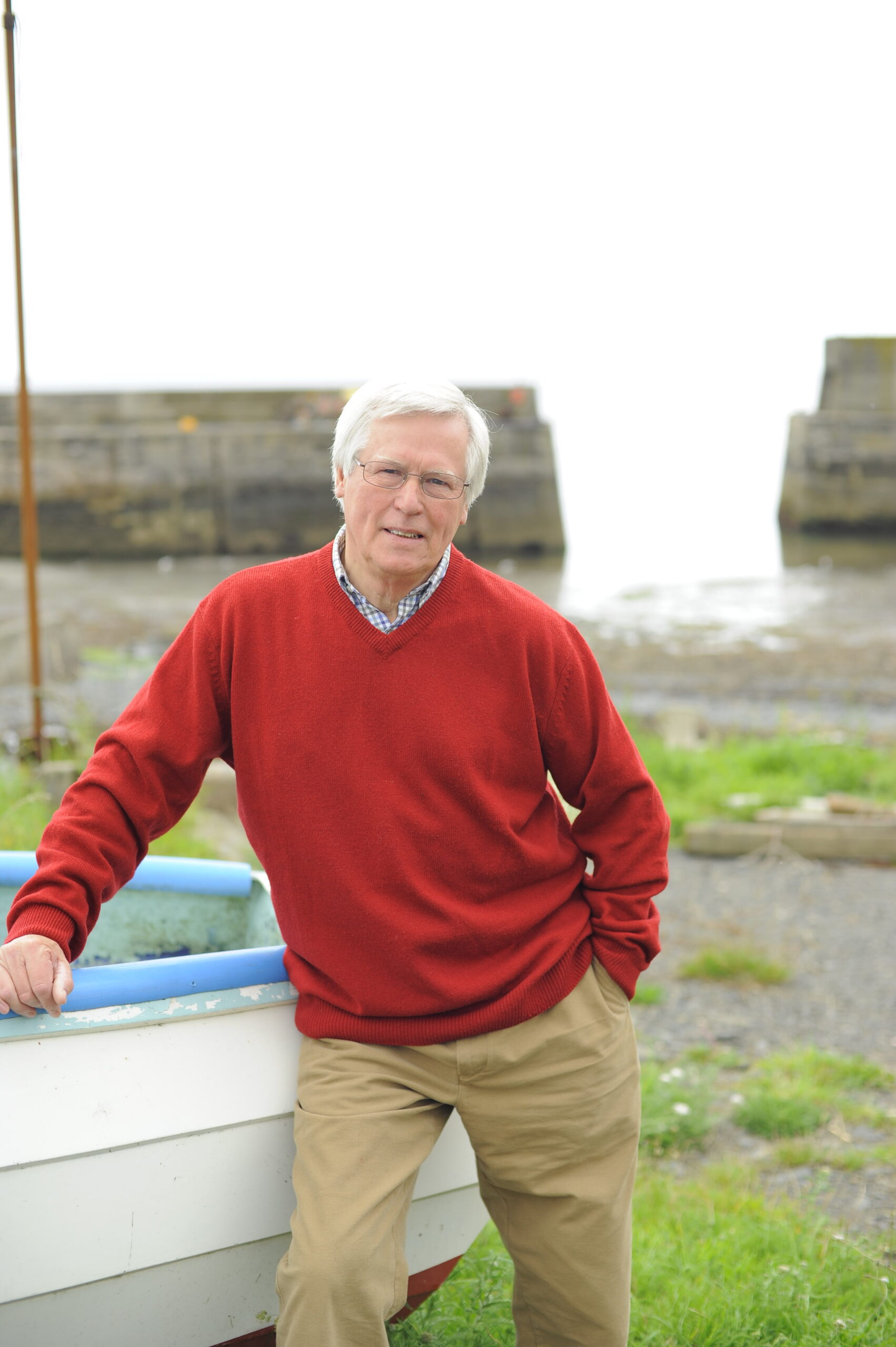
Driving through the countryside on winter evenings, one can’t help but notice how many houses have no lights on. Of course, the owners might be out for the evening, but sometimes, I suspect, there is another reason – their main home is somewhere else.
Second-home ownership is one of the most contentious of rural issues. Those who can afford a place in the country, either through hard work or good fortune, have every right to enjoy their escape from city life – and it’s reckoned there are 250,000 such bolt-holes.
But there’s no disputing they have helped to push up house prices to a level far beyond the reach of many locals. For example, in Cornwall, a second-home hotspot, the average wage is £17,000 but the average house price is £200,000.
Other traditionally favoured places such as Norfolk and Cumbria, where rural wages are also low, have similar disparities. And in some parts of the countryside where ‘part-time residents’ are a relatively new phenomena, prices have doubled in recent years. The result has been the breakdown in the social life of communities and, because there aren’t enough regular customers, the closure of shops, pubs, post-offices and schools.
Meanwhile, says the National Housing Federation, 700,000 people are on the waiting list for affordable homes in rural England alone. It’s no surprise that those struggling to get on the housing ladder resent the fact that second-home owners get up to 50 percent discount on their council tax bills.
So they will welcome news that the Government has started consultations over plans to scrap this tax break. It’s also intending to end the discount of up to 100 percent on empty houses in a move that, it believes, will result in more of them coming on to the market – especially those that have been repossessed. One estimate is that if all the long-term empty houses were brought back into use, the waiting list could be cut by one-sixth.
That’s hardly likely and Nick Foley of the National Housing Federation calls the scheme a symbolic gesture that doesn’t address the main issue – the nationwide shortage of homes, especially affordable ones. “Last year, only half those that are needed were built,” he said.
What the council tax reforms will do is deal with all existing housing in the same way. As Eric Pickles, the Communities Secretary, has said:”By removing these subsidies we can cut £20 a year off families’ council tax bills by treating everyone fairly.”
But I doubt whether an extra few hundred pounds a year on second homes is going to deter many owners or prospective buyers. Of course, they aren’t the only ones fuelling the rise in rural house prices – so are all those other town dwellers who, quite understandably, move permanently to the green acres for what they see as a better quality of life. And so the dilemma goes on and with it the whole future of our countryside.
